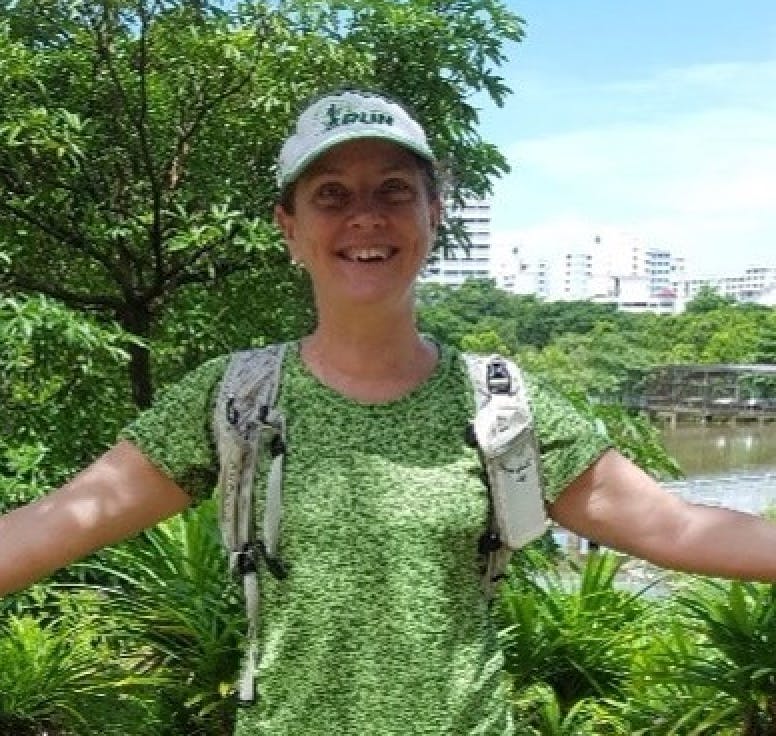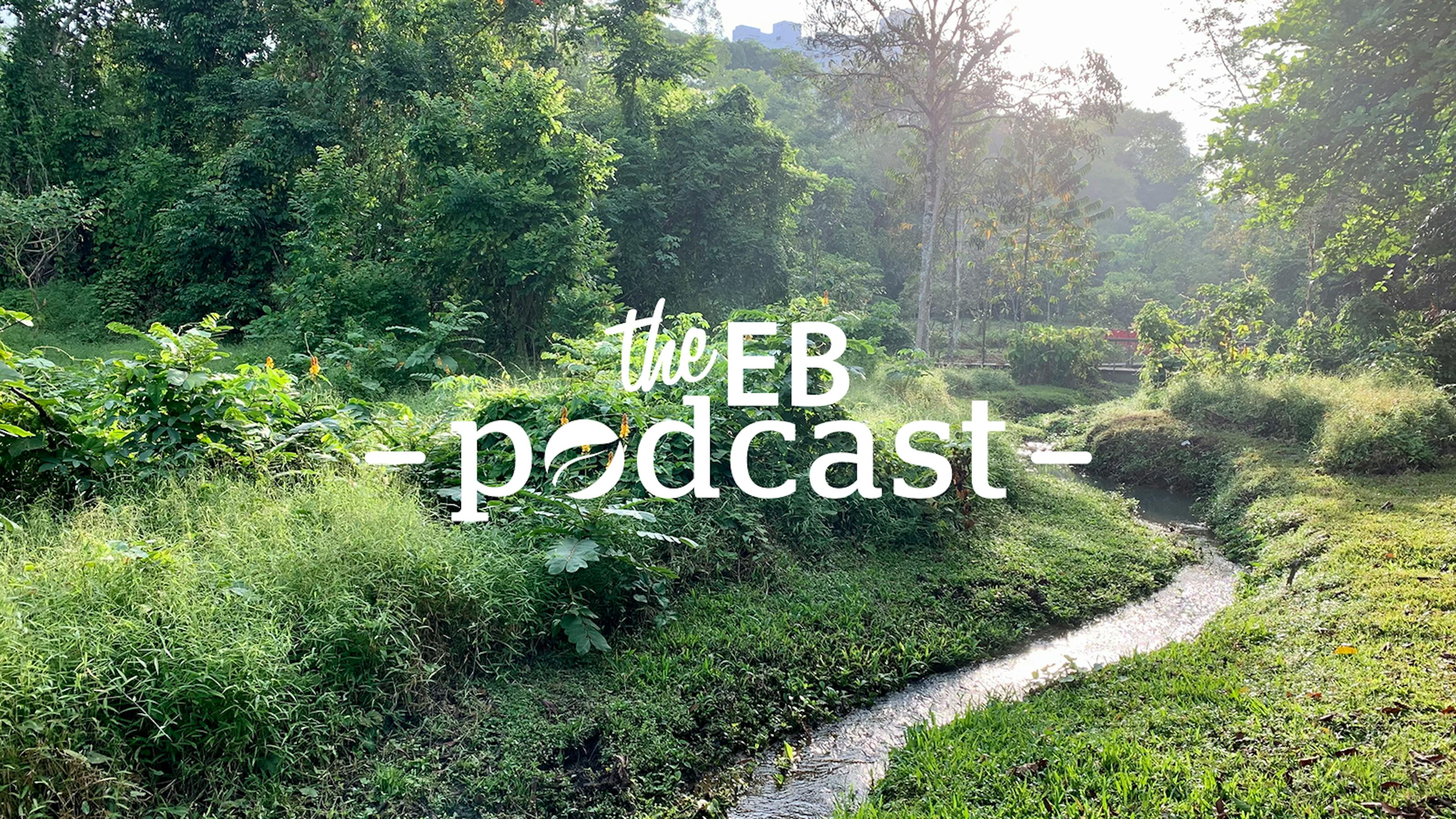How do people relate to the natural world, and where does their fear and love for it come from? If people fear nature, are they less likely to want to protect it?
In cities, where people are less exposed to natural settings, there is a risk that the innate human affiliation with nature — known as biophilia — is lost, and a fear of nature — known as biophobia — becomes the primary state of mind for city-dwellers.
Biophobia is not uncommon in cities like Singapore, where in the 1960s the majority of the population moved out of kampongs, rustic villages fringed by forest, and into high-rise apartments, as the city has rapidly modernised and developed many of its wild areas into housing blocks, shopping malls, and neatly manicured parks.
A fear of nature is a learned behaviour, and can be passed on to children, explains Dr Denise Dillon, an environmental psychologist. “Here in Singapore, some people are afraid of letting their children get into nature. This leads to children not liking ants or grasshoppers — and children typically love these insects. It’s a learned response to think that nature is uncomfortable.”
“
If people see a forest as a source of danger or discomfort, they’re less motivated to want to protect it, and might instead support arguments for development.
Dr Denise Dillon, associate dean of research and research education, James Cook University

Dr Denise Dillon, associate dean of research and research education, James Cook University
Dillon, who is associate dean of research and research education at James Cook University in Singapore, joins the Eco-Business Podcast to talk about people’s relationship with nature, a month after the clearance of a patch of forest made national headlines, and stirred a debate about the city-state’s ambition to be a “city in nature”.
Tune in as we talk about:
- Biophobia, and how it spreads
- Singapore’s relationship with wilderness
- The evolutionary preferance for parks
- Is a love of nature essential for conservation?
- Why climate anxiety is a good thing
- Forest bathing
- Singapore’s future: a city without wilderness?




















